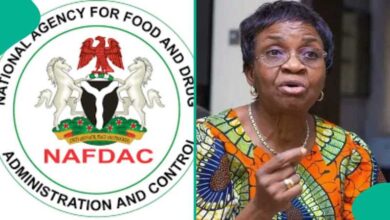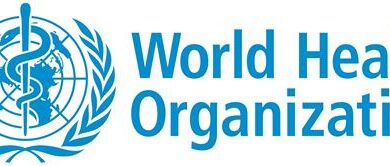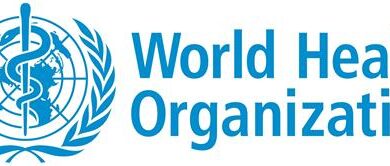WHO Seeks Investment In It’s 2025-2028 Strategy To Save 40m Lives, Improve Health Of 6bn People

World Health Organisation (WHO) on Tuesday launched an Investment case that lays out the Organisation’s essential contribution to global health and seeks investment in its 2025–2028 strategy to save 40 million lives and improve the health of 6 billion people.
The Investment case underpins WHO’s Investment Round, which kicked off on Sunday and has gained many robust expressions of support, commitments from countries to co-host, and a number of initial pledges that build momentum toward the Investment Round’s culmination later this year.
Statements of support and funding commitments came from Member States, and the European Union during Tuesday’s launch event at a strategic roundtable of the Seventy-seventh World Health Assembly (WHA77).
“I thank Brazil, which will host the Investment Round as President of the G20, alongside co-hosts France, Germany and Norway, and Mauritania in its capacity as Chair of the African Union,” said WHO Director-General Dr Tedros Adhanom Ghebreyesus, speaking at Tuesday’s event. “I also thank the G7 finance ministers, who recently called for increased funding for WHO through the Investment Round. And I thank all Member States and other donors for their voluntary contributions, especially those who already provide predictable and flexible funding.”
The 40-page Investment case is rich in data and examples of WHO’s achievements – from women’s health to antimicrobial resistance (AMR) to the elimination infectious diseases – showcases how the Organisation amplifies the impact of its work to generate a return of US$35 for every US$1 of investment and sets out what can be achieved if WHO is sustainably financed.
WHO’s strategy for global health, the General Programme of Work (GPW14), approved on Tuesday, calls for deep collaboration with Member States and partners across a wide domain of health needs in a time of climate change, geopolitical turbulence, mass migration and other complex challenges.
Expressions of support, funding pledges
With the Investment Round, WHO is not asking for more funds, but rather voluntary contributions in advance of the four-year strategy to ensure that it can be fully implemented. Member States’ membership dues cover only a portion of the costs of WHO’s approved activities; the Investment Round is fundraising toward a gap of US$7.1 billion.
During the event, Singapore’s Minister for Health Ong Ye Kung announced the country’s contribution of SDG24 million (US$ 18 million) to the Investment Round. Ireland’s Minister of Health Stephen Donnelly announced that the country would immediately bring forward its assessed contribution to 2028–2029 levels by committing additional flexible funds.
The European Union also reaffirmed its commitment to WHO. “We want to see a WHO which is sustainably financed, accountable and effective. I am proud today to announce, as part of the WHO Investment Round, a contribution by the European Commission of more than €250 million,” said Commissioner for International Partnerships Jutta Urpilainen in a video address.
On Sunday, at the launch of the Investment Round, the Institute of Philanthropy pledged US$1.2 million for the health of migrants and displaced populations affected by climate change.
What WHO will deliver over 2025–2028
The Investment case breaks down how the activities outlined in GPW14 will save 40 million lives by focusing on health emergencies, AMR, maternal and child health, infectious diseases, noncommunicable diseases, vaccination, the effects of climate change, and risk factors including tobacco, alcohol, physical activity and diet.
WHO’s strategy for 2025–2028 is built around the Organisation’s continuing pledge to promote, provide and protect health; in text, data and graphics, the Investment case provides examples of the activities that will support that pledge over the next four years.
These include bringing solar electrification to 10,000 health facilities to make them fully functional; supporting 55 countries in educating and employing 3.2 million health workers; increasing the number of vaccines delivered to priority countries; providing access to health services to more than 150 million people in humanitarian settings in 30 countries; helping 84 countries reach targets for eliminating malaria, mother-to-child HIV transmission and other diseases; detecting and taking action against 30 health threats per month; strengthening access to timely and reliable health data; and prequalifying 400 health products per year.
Over the past five years, WHO has helped countries apply the latest science and health practice with measurable results: 1.2 billion people are living healthier lives through reduced risks and healthier environments; nearly 430 million more people are covered by essential health services without financial hardship; and 600 million people are better protected from health emergencies. These results were achieved with an annual budget of US$2.75 billion – or less than US$ 0.35 per person.
Source: WHO




